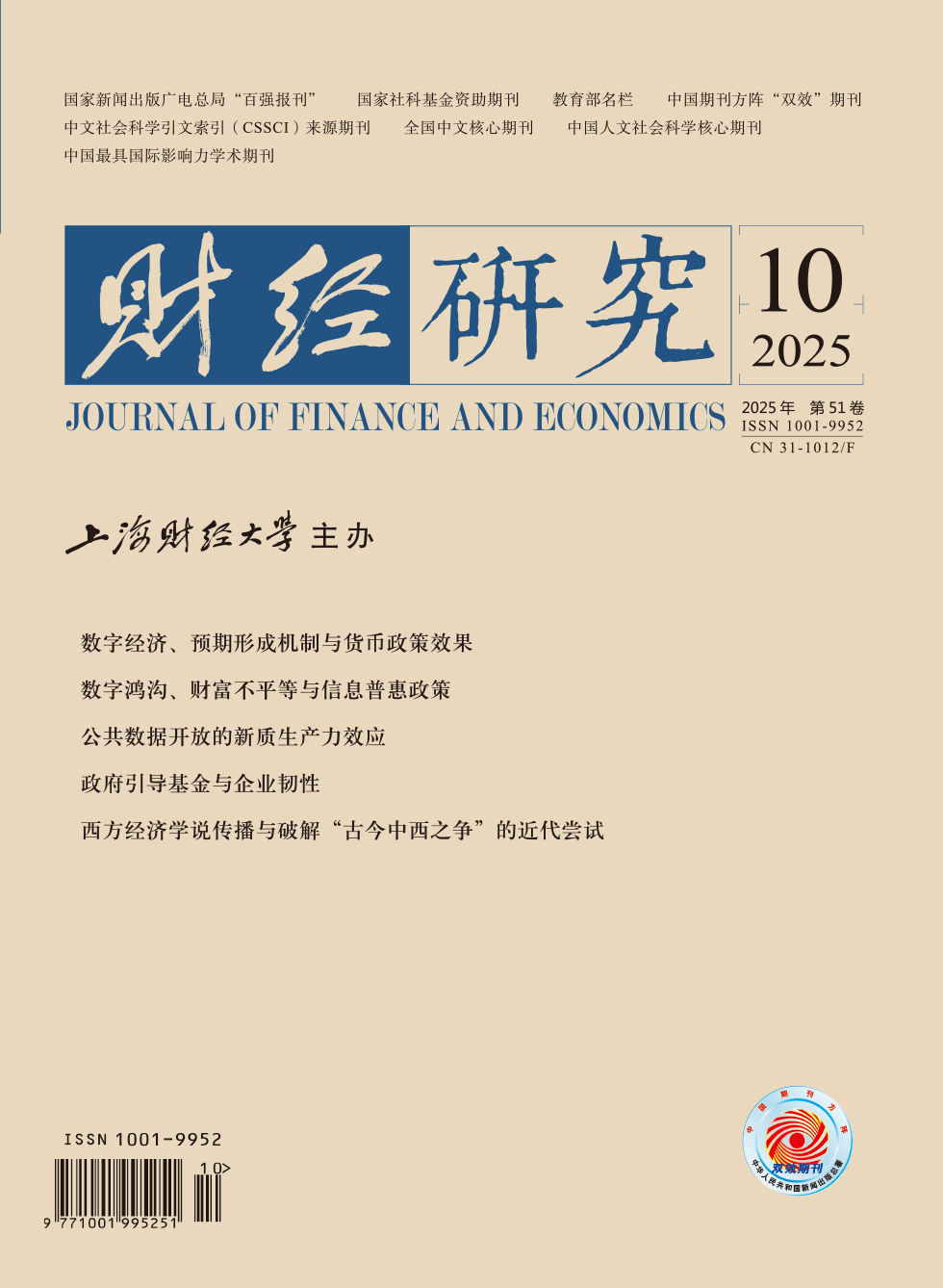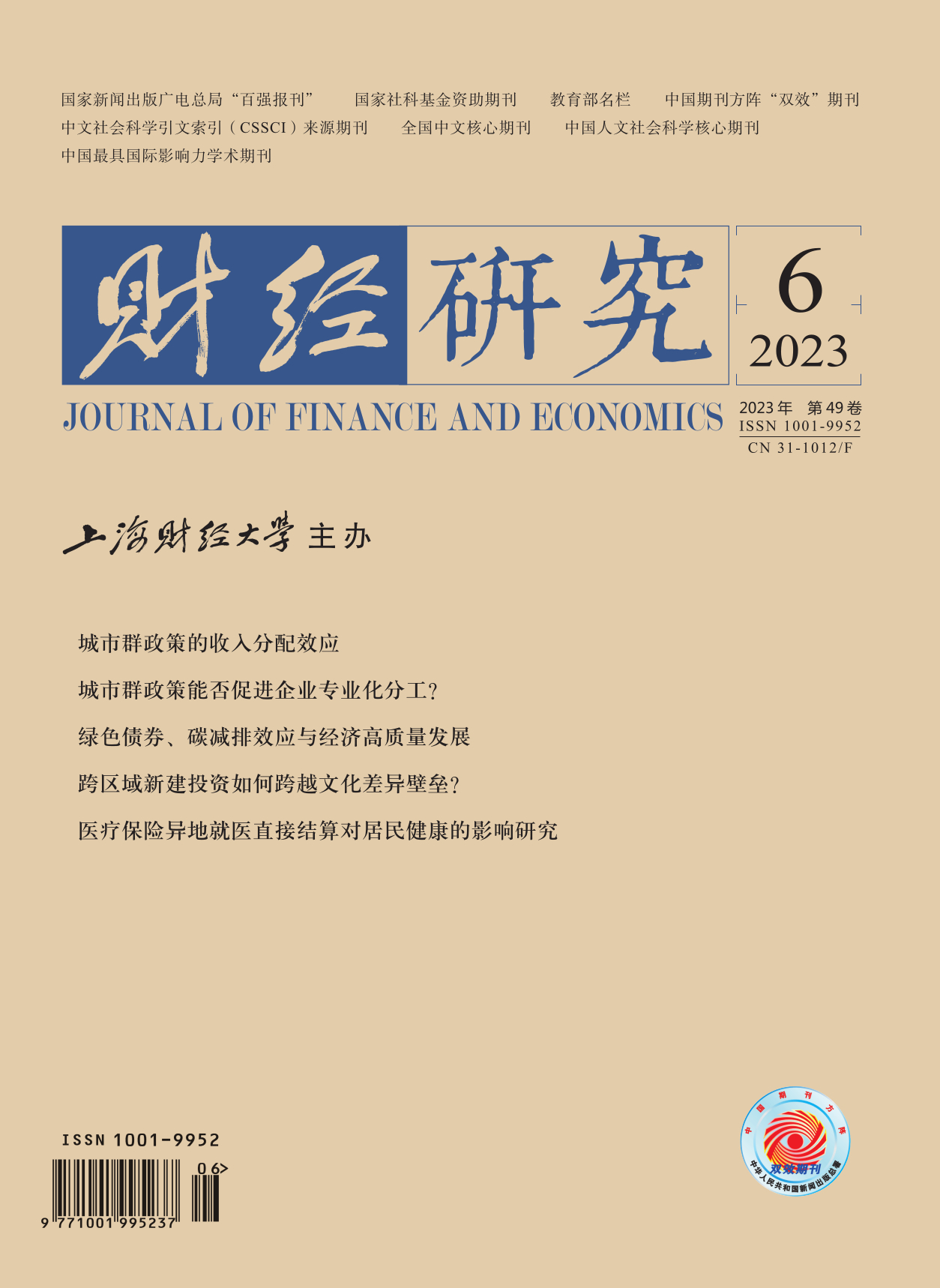ESG rating agencies have brought huge confusion to investors due to their differences in rating standards and systems. In particular, China’s state-owned enterprises and private enterprises are quite different in terms of information disclosure and social responsibility. What impact do these characteristics have on the disagreements between Chinese and foreign ESG ratings for domestic enterprises? What impact do these differences have on the internationalization of ESG investment in China? How to build an ESG rating system that not only takes into account internationalization but also reflects Chinese characteristics? These are questions worth studying.
This paper makes an empirical study on the characteristics and causes of the disagreements between Chinese and foreign ESG ratings from the perspective of enterprise ownership attributes. It finds that compared with foreign rating agencies, domestic rating agencies have higher ratings for state-owned enterprises, but lower ratings for non-state-owned enterprises. ESG rating disagreements restrain the shareholding ratio of international investors in the enterprise, and the inhibitory effect is greater in state-owned enterprises. Further research finds that the reasons for the asymmetry of ESG rating disagreements: First, there is a significant difference in the recognition of domestic and foreign ESG rating agencies on the “implicit” social responsibility generally assumed by state-owned enterprises. For domestic ESG rating agencies, the “implicit” social responsibility is more involved in the ESG rating system; while for foreign ESG rating agencies, it is not highly recognized. Second, compared with domestic rating agencies, foreign ESG rating agencies pay more attention to whether enterprises disclose information in accordance with international rules.
Through empirical analysis, this paper finds for the first time that there is a significant asymmetry between state-owned enterprises and non-state-owned enterprises in the disagreements between Chinese and foreign ESG ratings for domestic enterprises, and confirms that the recognition degree of rating agencies for the “implicit” social responsibility of enterprises and whether to disclose information in accordance with international rules are important factors that lead to the asymmetry of ESG rating disagreements.
The rating of foreign ESG rating agencies on state-owned enterprises is significantly lower than that of domestic ESG rating agencies, which brings a negative impact on the investment of international investors in Chinese state-owned enterprises. Therefore, this paper proposes two solutions: The first is to make the “implicit” social responsibility “explicit”, quantify the “implicit” social responsibility of state-owned enterprises, and make it public as part of information disclosure; the second is to build an information disclosure standard and an ESG rating system that takes into account both international rules and local characteristics.





 9690
9690  12336
12336

